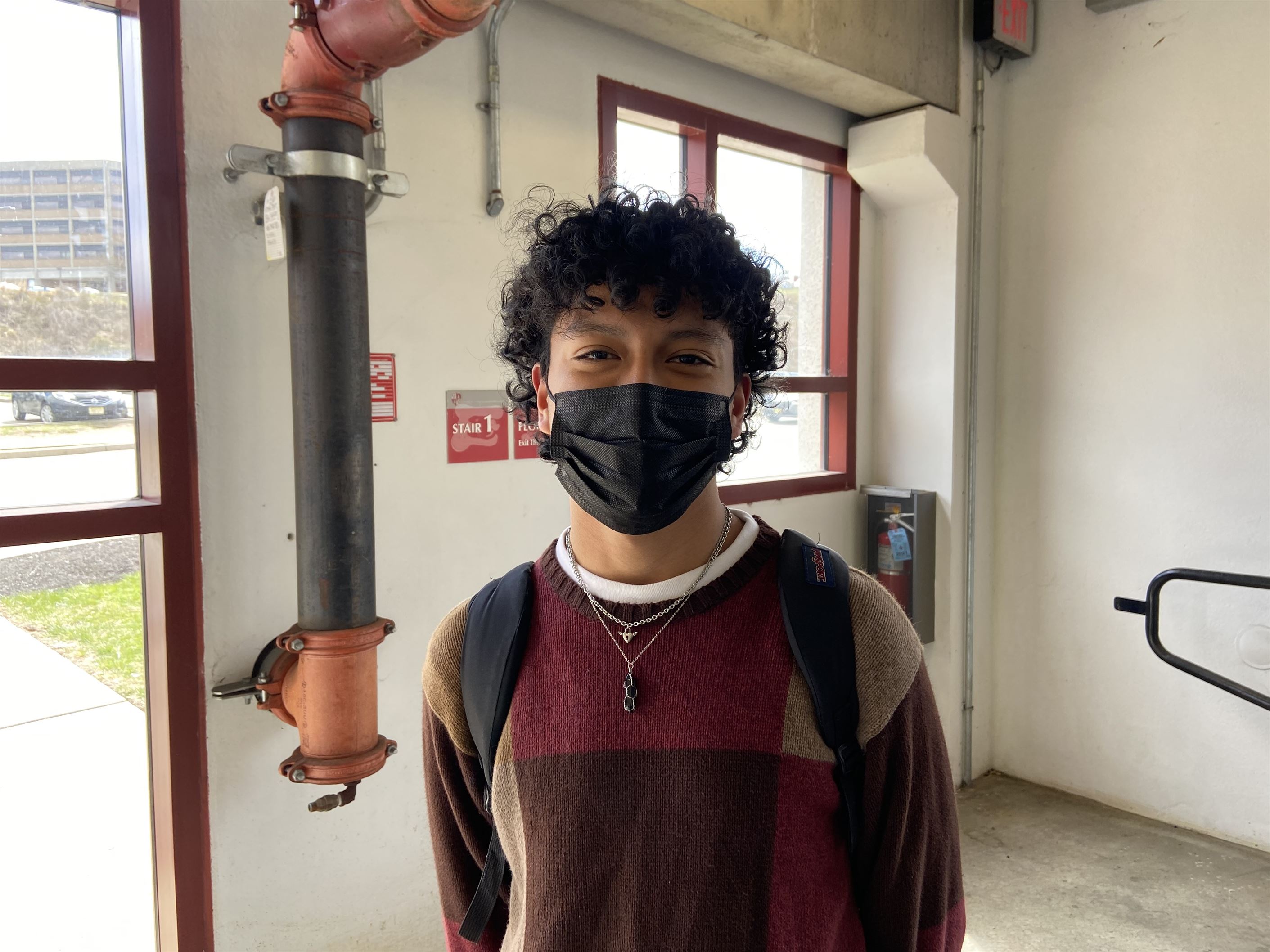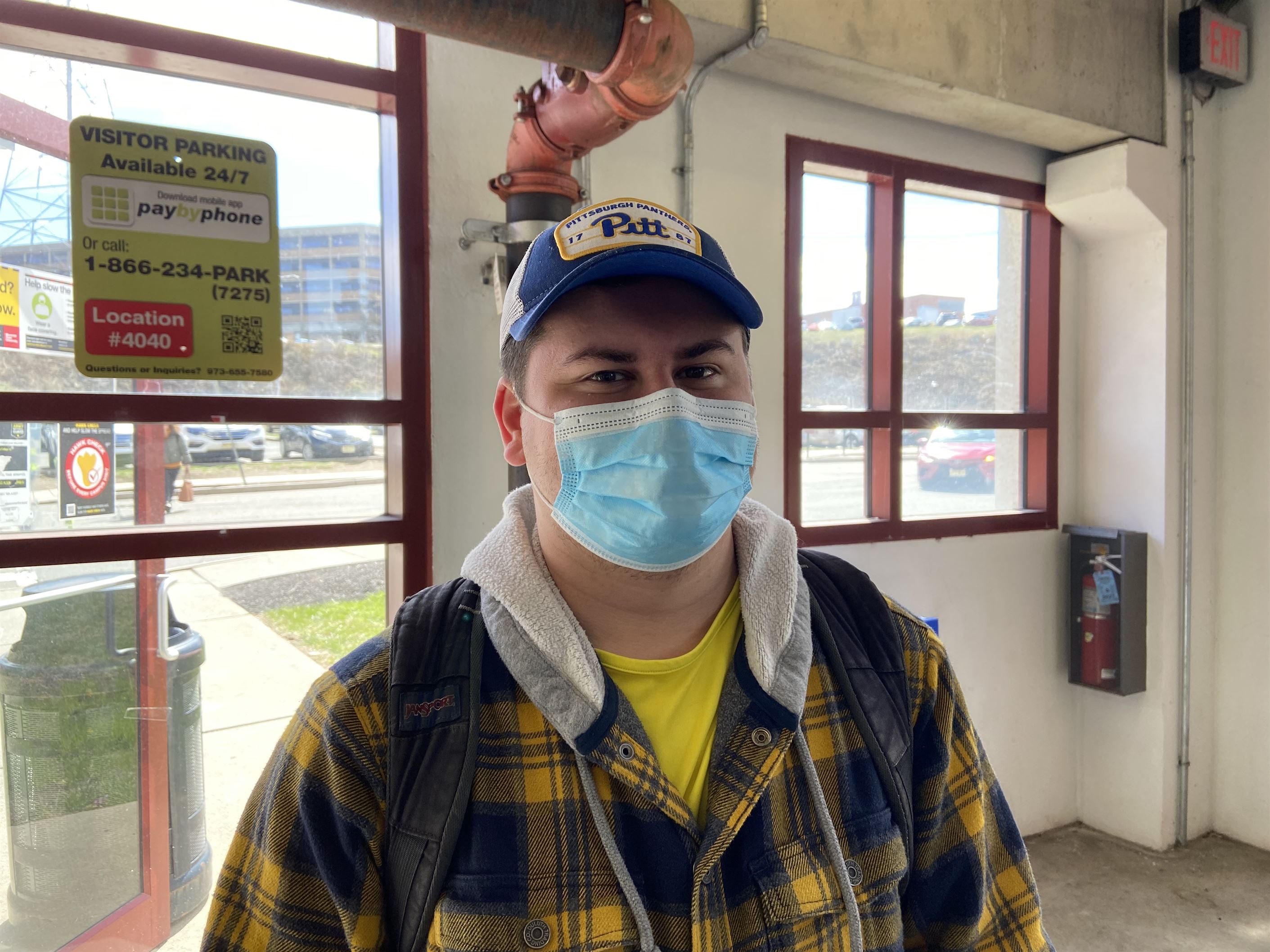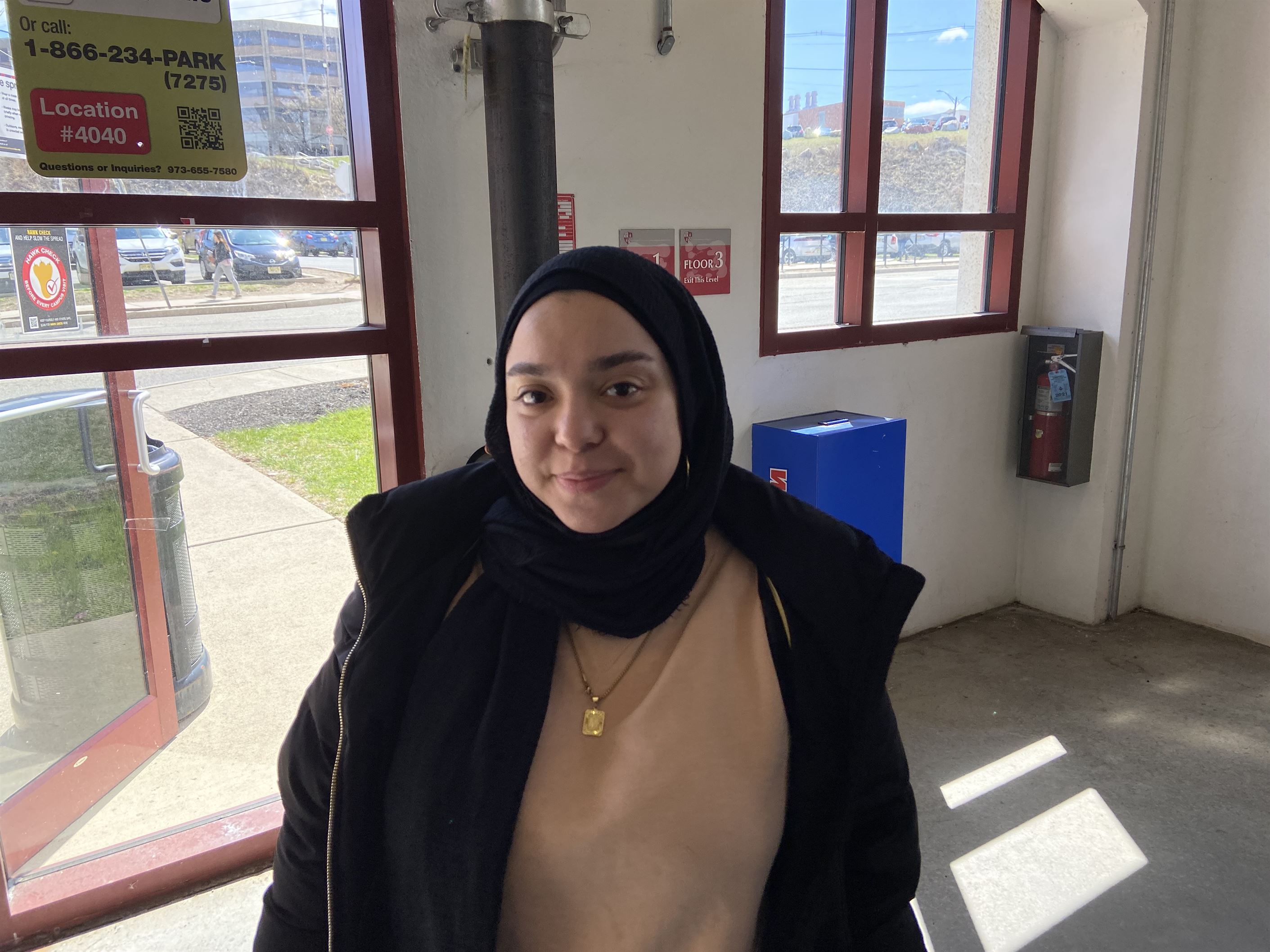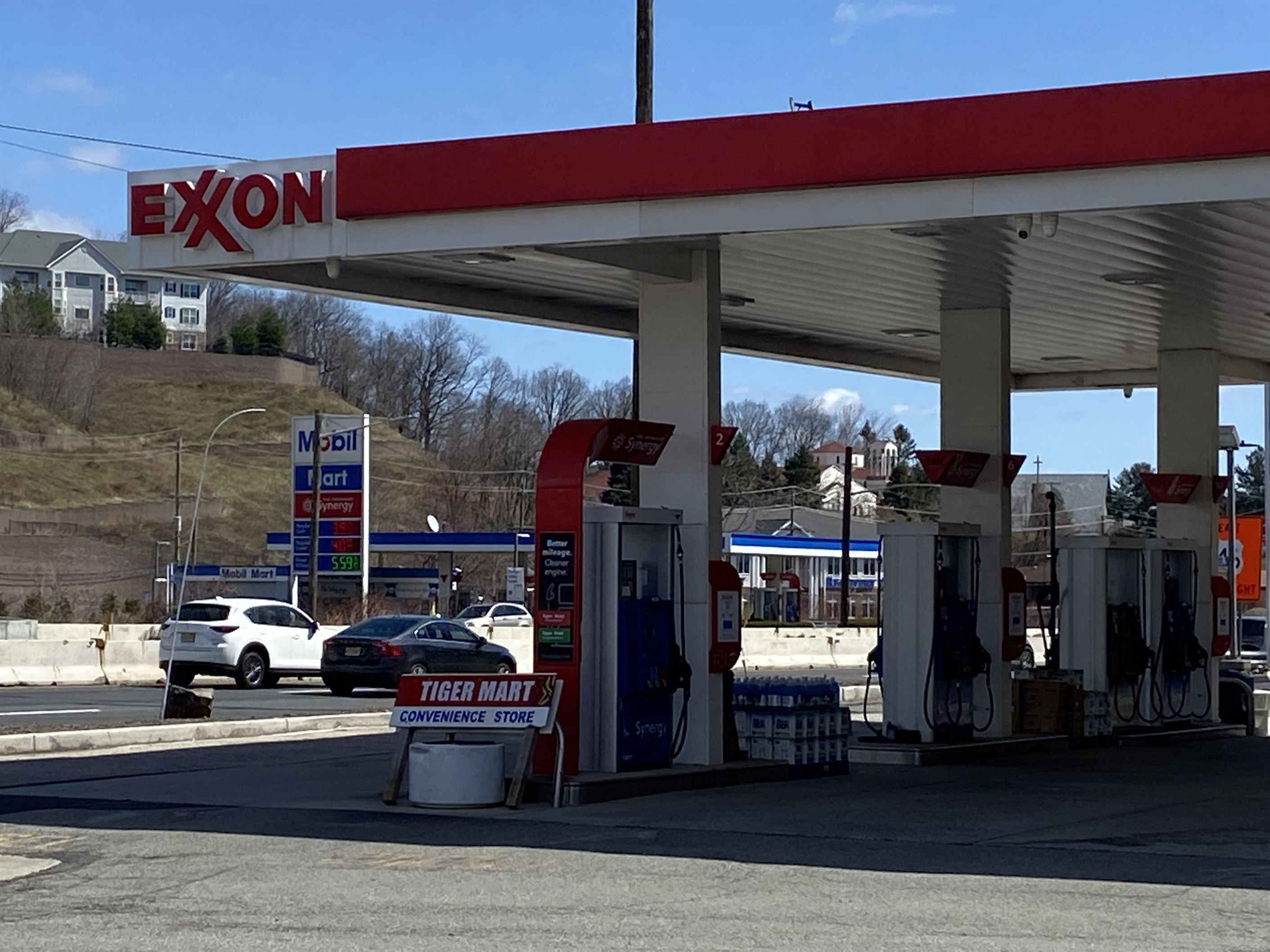Montclair State University commuter students are paying about 43% more for gasoline than they did a year ago — and are considering skipping classes as a result.
Russia’s war on Ukraine unsettled energy markets, causing gas prices, which were already rising amid the coronavirus (COVID-19) pandemic, to skyrocket. The average cost of gas in the United States reached a record high of $4.33 per gallon on March 11, a day after New Jersey’s average peaked at $4.38 per gallon. Although both amounts slightly declined since then, they remain above $4. New Jersey’s average was $4.17 per gallon on April 3.
President Joe Biden announced the release of 1 million barrels of oil per day from the nation’s Strategic Petroleum Reserve over the next six months to curb the cost. States including Maryland, Georgia and Connecticut suspended their gas taxes to ease their states’ prices. New Jersey Gov. Phil Murphy said it would be difficult to do the same in this state because the tax is used to fund transportation.
Montclair State commuters discussed how feeling pain at the pump is affecting them.
Jayr Abad, a freshman film and television major, said the high gas prices made him reconsider attending his classes.
“Even though I’m kind of close to campus, [the gas price hike] definitely has been affecting me,” Abad said. “I’ve definitely had those thoughts where I’m like, ‘should I even go to class?’ Sometimes I’m like, ‘I really shouldn’t go just to save gas.’”

Jayr Abad, a freshman film and television major, said the high gas prices made him reconsider attending his classes.
Maja Koprivica | The Montclarion
Joe Scarry, a senior economics major, said the rising cost of gas forced him to switch to other forms of transportation.
“I don’t really drive around much anywhere else now,” Scarry said. “It’s a lot more about public transportation. It’s kind of limited where I go out on the weekends.”

Joe Scarry, a senior economics major, said he had to cut back on spending money elsewhere to save for gas.
Maja Koprivica | The Montclarion
Scarry said he had to cut back on spending money elsewhere to save for gas.
“There’s a lot more home-cooked meals for lunch and dinner now than before,” Scarry said. “[I’m] just kind of holding back and not doing as much.”
Scarry said he stopped attending in-person meetings with his professors to save gas.
“At the end of the day, I have to come [to campus] either way,” Scarry said. “The only thing that’s really changed is some professors offer office hours either in person or online, and I’m not going in person anymore because that’s not worth it.”
Gaby Davila, a senior psychology major, said the high gas prices restricted her travels to campus and beyond.
“It definitely limits how many times I come on campus,” Davila said. “If there’s extra stuff my friends want to do, we’ll try to work around it because it’s so expensive.”
Majidah Jalo, a freshman psychology major, said the high gas prices became a source of stress for her.
“While coming [to campus], I go back to pick up my sister and come back,” Jalo said. “It’s really, really hectic, so paying for gas takes a toll on me.”

Majidah Jalo, a freshman psychology major, said the high gas prices became a source of stress for her.
Maja Koprivica | The Montclarion
Jalo said that she had to adjust her spending habits to save for gas.
“Let’s say I want to get coffee in the morning,” Jalo said. “You might think, ‘it’s just $4 a coffee,’ but when you count it up every single day, it starts to add up.”
Jalo said she faces the dilemma of paying for the costly gas and attending class or saving gas and not going to her class.
“If I need to go to class, of course, I’m going to class,” Jalo said. “But if it wasn’t mandatory, there’s a chance that I won’t be able to come because I’m a commuter.”



